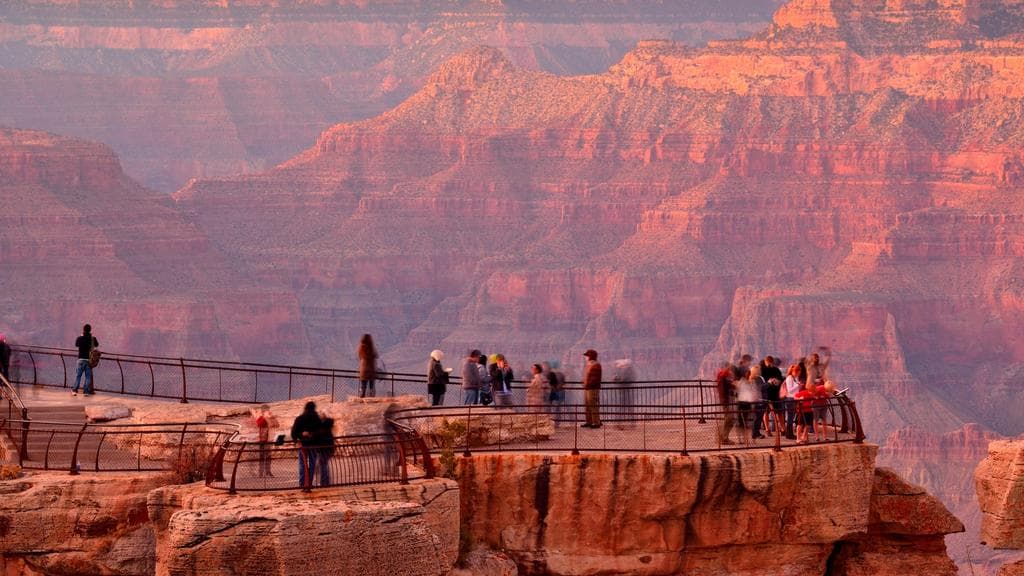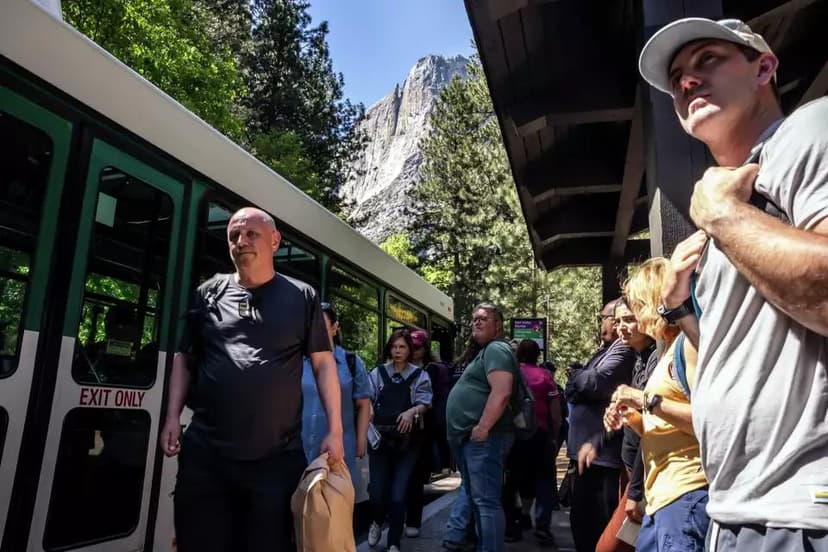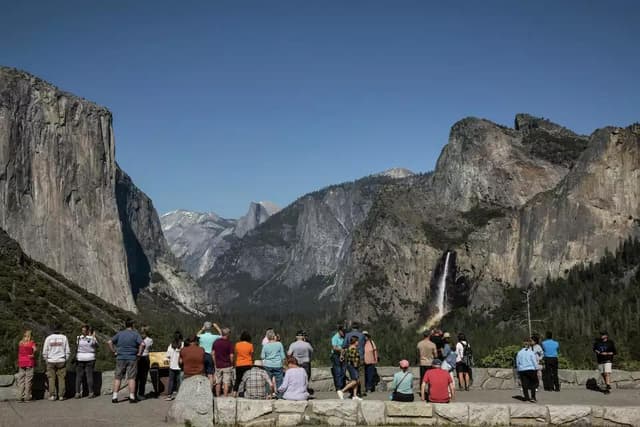
Trump's "Making America Beautiful Again" Executive Order: Higher National Park Fees for Foreign Visitors, More Funding for U.S. Parks
by Derek Siegel
On July 3, 2025, former President Donald Trump signed a major executive order titled "Making America Beautiful Again by Improving Our National Parks." The order aims to generate new revenue for park maintenance by raising entrance and pass fees for foreign visitors while keeping costs stable—or even lower—for U.S. residents.
This policy marks a significant shift in how the United States funds its national parks and highlights renewed efforts to tackle the parks' growing maintenance backlog.

Why Did Trump Raise National Park Fees for Foreign Visitors?
According to the administration, America's national parks face a maintenance backlog exceeding $22 billion, impacting roads, trails, visitor centers, and natural habitats. Trump’s executive order seeks to address this issue by introducing a targeted surcharge on foreign tourists, redirecting the extra revenue to infrastructure upgrades and conservation projects.
The White House estimates that this new fee structure could generate hundreds of millions of dollars annually, directly supporting the National Park Service without raising taxes on American citizens.
What Changes for U.S. Residents?
The executive order maintains or reduces entrance fees for U.S. citizens, prioritizing domestic access to national parks and monuments. The administration also proposes preferential reservation systems and permitting for Americans, encouraging more local visits and making it easier for families to explore public lands.


Additional Policy Actions
Besides fee adjustments, the executive order includes other significant changes:
- Revoking Diversity Directive: The order rescinds a 2017 Obama-era directive focused on promoting diversity and inclusion in public land management.
- Regulatory Reviews: It requires the Department of the Interior to review existing National Park Service rules with a focus on expanding recreational access and reducing restrictions.
- New Commission: The creation of a "Make America Beautiful Again Commission" to coordinate long-term conservation efforts and advise on future park policy.
Mixed Reactions From Stakeholders
Supporters’ Viewpoint
Supporters argue that the surcharge on international visitors is a fair, user-pays model, allowing parks to remain accessible to American families while improving facilities and reducing maintenance backlogs. Many point out that similar models exist in countries like Japan and New Zealand, where foreign visitors pay higher rates to access protected natural areas.
Critics’ Concerns
Critics warn that relying heavily on tourism fees could make park funding unstable, especially during global travel downturns. Environmental and equity advocates also express concern over the revocation of diversity and inclusion efforts, which they argue could hinder outreach to underrepresented communities.
Additionally, the executive order coincides with proposed $1 billion budget cuts to the National Park Service, leading some to question whether the surcharge revenue can fully offset reduced federal support.
Impact on U.S. National Parks
If fully implemented, the policy could provide substantial new funding to improve trails, repair visitor centers, and protect wildlife habitats. However, the overall impact will depend on visitor numbers, fee compliance, and future federal appropriations.
The move aligns with Trump’s broader "America First" philosophy, focusing on prioritizing domestic interests and reducing reliance on federal tax revenue.
What’s Next?
The Department of the Interior and Secretary Doug Burgum will finalize detailed fee schedules, implementation timelines, and enforcement guidelines in the coming months. The "Make America Beautiful Again Commission" is expected to start work later this year, outlining longer-term conservation and access strategies.